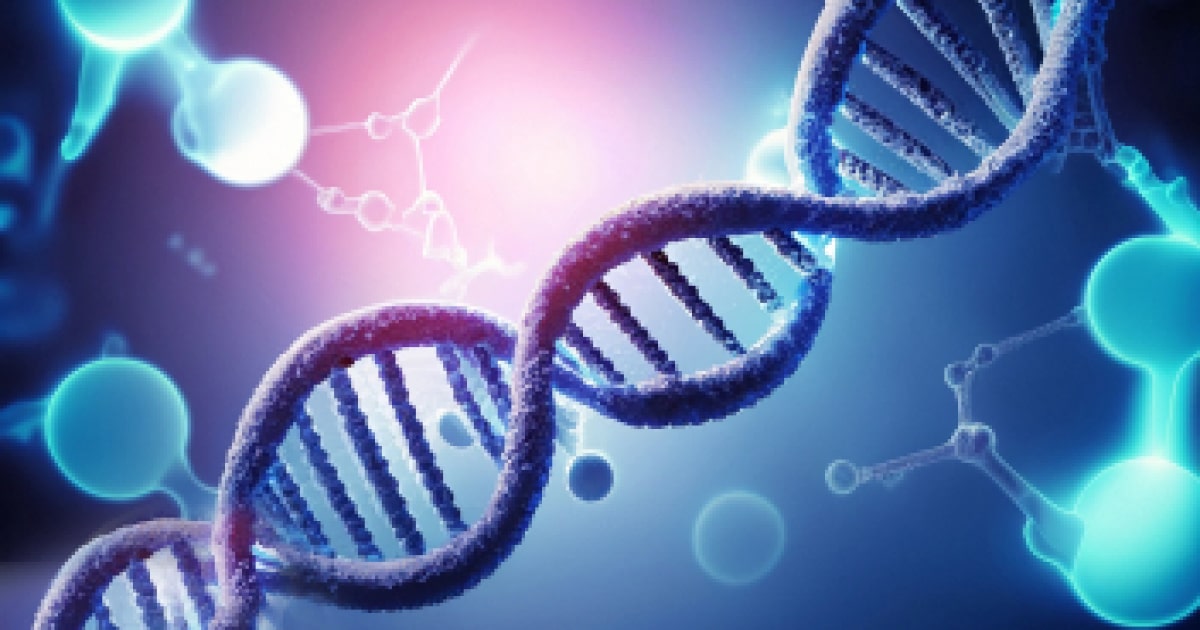
Expert Reviewed By: Dr. Brandon Colby MD
Understanding Craniofacial-Skeletal-Dermatologic Dysplasia
Craniofacial-skeletal-dermatologic dysplasia (CSD) is a rare genetic disorder that affects the development of the skull, facial bones, skin, and skeletal system. This condition presents with diverse clinical manifestations, including enlarged parietal foramina, multiple exostoses, epilepsy, intellectual disability, and craniofacial abnormalities1. CSD can significantly impact the quality of life of affected individuals, making early diagnosis and appropriate management crucial.
Diagnosing Craniofacial-Skeletal-Dermatologic Dysplasia
Diagnosing CSD can be challenging due to its rarity and the complexity of its clinical features. In some cases, prenatal ultrasound may detect fetal hydrops, severe skeletal anomalies, craniofacial deformities, and thoracic abnormalities2. In other cases, short stature, dental abnormalities, and other skeletal dysplasia may be observed3. Radiological examinations, such as X-rays and computed tomography (CT) scans, can provide valuable information about the extent of skeletal and craniofacial abnormalities4.
Genetic Testing for Craniofacial-Skeletal-Dermatologic Dysplasia
Given the genetic nature of CSD, advanced genetic testing plays a crucial role in its diagnosis. Genetic testing can help confirm the diagnosis, guide treatment decisions, and provide information about the risk of recurrence in future pregnancies.
Whole Exome Sequencing
Whole exome sequencing (WES) is a comprehensive genetic test that analyzes the protein-coding regions of all human genes. WES can identify novel genetic variants, such as the one found in the PHF21A gene, which has been associated with CSD1. This test can provide valuable information about the specific genetic cause of the disease, paving the way for personalized treatment strategies.
Targeted Gene Panel Testing
Targeted gene panel testing focuses on a specific set of genes known to be associated with a particular disorder or group of related disorders. In the case of CSD, a targeted gene panel may include genes associated with skeletal dysplasias, craniofacial abnormalities, and dermatologic conditions. This type of testing can help confirm the diagnosis and provide information about the specific genetic cause of the disease, guiding treatment decisions and informing genetic counseling.
Prenatal Genetic Testing
Prenatal genetic testing can be performed on fetal cells obtained through chorionic villus sampling (CVS) or amniocentesis. This type of testing can help identify genetic abnormalities associated with CSD before birth, allowing for early diagnosis and intervention2. Prenatal genetic testing can also provide information about the risk of recurrence in future pregnancies, guiding reproductive decision-making for affected families.
Conclusion
Craniofacial-skeletal-dermatologic dysplasia is a complex genetic disorder with diverse clinical manifestations. Advanced genetic testing plays a crucial role in diagnosing and managing this rare condition. By utilizing whole exome sequencing, targeted gene panel testing, and prenatal genetic testing, clinicians can confirm the diagnosis, guide treatment decisions, and provide valuable information about the risk of recurrence in future pregnancies. Early diagnosis and appropriate management can significantly improve the quality of life for individuals affected by CSD.
About The Expert Reviewer
Dr. Brandon Colby MD is a US physician specializing in the personalized prevention of disease through the use of genomic technologies. He’s an expert in genetic testing, genetic analysis, and precision medicine. Dr. Colby is also the Founder of and the author of Outsmart Your Genes.
Dr. Colby holds an MD from the Mount Sinai School of Medicine, an MBA from Stanford University’s Graduate School of Business, and a degree in Genetics with Honors from the University of Michigan. He is an Affiliate Specialist of the American College of Medical Genetics and Genomics (ACMG), an Associate of the American College of Preventive Medicine (ACPM), and a member of the National Society of Genetic Counselors (NSGC)